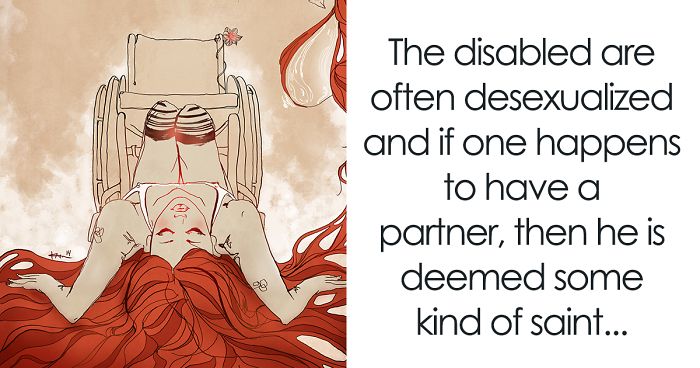
I Document The Progression Of My Rare Disease In Heartbreaking Illustrations
At age 20 I set out to complete an Industrial Design Bachelors degree. At the same time I began experiencing mysterious physical symptoms, symptoms that would lead me to an unimaginable future.
I went from kicking soccer balls, running and leading an active life to making use of leg braces, canes and today a full-time wheelchair. After 5 years of searching for a name for this uninvited stumbling block, I would learn I had an extremely rare muscle deterioration genetic condition called HIBM (today it’s called GNEM) which could take my once active body to quadriplegic state. This rare condition affects one to three thousand people worldwide. My condition is known to the medical world as an “orphan disease” which is ironic since I was born an orphan in South Korea.
All the doctors told me there was no hope, I was too rare to ever meet another patient like myself and I should quit college and lead a less ambitious life. According to their medical textbooks my future looked bleak.
After completing my Bachelors I flew to California and found a design job as a toy designer. I also found brothers who had my condition. One is a doctor, the other a research scientist. Together they set out to help propel advocacy and research science for HIBM. I was no longer alone and the medical world was wrong.
My world had opened and I began advocacy to help spread awareness about my condition. I offered my design services and fundraised but it’s hard for people to empathize with medical textbook definitions so I began blogging about my personal experiences with HIBM. Then I realized some respond to stories visually. So I taught myself illustration and began drawing out my experiences to raise awareness. I hoped my simple drawings would not only educate the viewer about HIBM but also the viewer could see themselves in my drawings and relate it to their own struggles.
18 years I’m wheelchair bound but live life even larger than when I was able bodied. I’m constantly traveling and participating in daredevil stunts. My upper body has begun weakening and one day could be immobile, unable to draw…So, what do you do when you find out your future will be different than you thought? You draw, you live.
More info: kamredlawsk.com | Facebook
It’ll Be Alright
At the time of this drawing I was still walking but I could literally feel my steps slipping away from me, as I was fitted for my first wheelchair. I was saddened. This was a significant milestone—one that I had done my best to avoid, hoping I would make it to clinical trials and bypass the chair completely. If HIBM (aka GNEM) was like a tree, this is how it spreads, with a ball of yarn clinging to me, drawing me in closer and closer. I titled the illustration, “It’ll Be Alright,” because this is what I tell myself as I push through the increasingly difficult stages of this condition.
I Don’t Want To Be An Inspiration Today
Being an advocate and public about my condition makes me feel like this most of the time.
I often hear “You’re an inspiration”. I get it. I say this to others too. But the truth is I don’t want to be an inspiration. Sometimes this comment makes me feel like a fraud. Like I’m on a pedestal under false pretenses because I don’t want to be an inspiration. The “inspiration” just wants to be normal, preferably unknown.
Daydreaming
Much of my work involves female figures – adult and/or childlike. They are me and come in many forms. Sometimes it’s a juxtaposition of me being able to run as a child versus being wheelchair bound today. Sometimes it’s a commentary on the relationships between our childlike versions versus our more stoic adult versions. Our freer self versus our fearful self. Beauty and pain. Humility and perspective. Stillness and turbulence – it’s our struggles personified in some distant dream-like land. The past, present and future lies within each of us and they battle for dominance and recognition.
Many of my environments are inspired by recurring childhood dreams.
Please Don’t Leave Me
This represents the degradation of my upper extremities. One day I looked down at my hands and realized they began mirroring other HIBM patients whose hands and fingers have progressed into languid fixtures. What has happened to my legs is now happening to my arms, fingers, hands, shoulders and neck. It’s a hard experience. An unexpected and unwelcomed life lesson.
Losing your legs is one thing but losing your arms, hands and fingers is an entirely different experience. With each level of progression I’m reminded of the depth and severity of this condition. Pieces of me are disappearing like sand in the wind and time continues to haunt me.
Waves
Waves of life inevitably grab us, its how we sail through the turbulence that matters.
Better Days Ahead
I love window light and its endless patterns. They are so simple, yet so graphic and descriptive. They tell a story of their travels; where they have been, where they are going.
Window light seeping in between blinds always makes me think of solitude, loneliness and contemplation. It makes me think of the days you don’t want to get out of bed, when you would rather let the strips of light lay on your body and make it bend to you rather than bending to life. Enough warm light to caress your face, as if those strips bring you some connection to the outside world, but hidden enough to stay disconnected so no one can see you. We all have bad days. Today, tomorrow or the future sometimes taunts us. The things we are struggling with, whether it be a disease, disability, depression, death, loss, relationships or life’s obstacles that seem to hold us down with little hope. In those moments I turn my head towards the warm ray bans and murmur to myself, “Better days are ahead”.
Baby Mine
As an adoptee it was a dream to have children, particularly a daughter. But some dreams never come true. In order to keep moving, you have to gently send them off into space and move onto new dreams.
Oneiros and I
Oneiros (the monster lurking in the trees) is the HIBM monster that follows me. It’s a part of me. A part I don’t want, nor invited, nor created but a part of me, nonetheless.
He knows not what he does, only that he has to be with me. He grieves and ponders over my constant desire to escape him. My apathy for him saddens him. This is what he was designed for.
HIBM is Oneiros. Like an innocent child, he has real feelings, real purpose and a real attachment to me. Sometimes he does wonderful things for me and other times I want to be left alone. I’m waiting for him to leave. He is a constant reminder of my past, present and future.
It’s a part I have no control over. A part that is both good and bad, creating shaded grey areas of emotions. I can’t be completely angry over something that has brought about such perspective but perspective is sometimes painful but there is no way around it. It’s a process of working with our little monster. And so in my head I’ve personified him, an entity that also has real emotions, hurt and pain.
So here we are. We have a relationship. There is an Oneiros in all of us.
Raven Girl
Cycle of life. From pain there is beauty, from beauty there is pain.
What’s Everyone Staring At?
“What’s wrong with you?” is a common question I get from immediate strangers. Society tends to like what is the same and easily defined so when something different “rolls” in it can sometimes feel like this.
However difficult this condition is, stripping me of choices and the life I wanted for myself, I can still say that I love that I am unique. It has taught me so much, and I have never been as confident as I am today. Uncomfortable can be a good thing. In fact, I say, the more you can put yourself into uncomfortable situations, the better.
To those who ask, “What’s wrong with you?” I answer, “There is nothing wrong with me. I’m just fine.”
Ponytale
In 2013 I wrote: “My hair has been short for the last few years but recently I have been growing it out. My shoulders, arms, hands and fingers are significantly weaker than they were a year ago. This makes tasks like washing my hair, blow drying and doing something as simple as tying a ponytail much more difficult and glaringly obvious of what has left and what is leaving.
I remember grabbing my hair and tying it up with a rubber band as a child, teenager and young adult. Never did I give this act a second thought. It was effortless. It took a second to accomplish. I took it for granted.
Last month I tied my hair for the first time in years and frustratingly took five minutes to achieve. My weakened shoulders make it difficult to raise my arms. Holding a bundle of hair now gives my diluted fingers a challenge.
“This has never been hard in the past,” I thought. “NOT this, too…”
With a progressive condition there is no end, no finale, no rest. This trivial task serves as a reminder of things to come. It is the moments that make up a story.
In Pieces
Signs
One weekend I was exploring and paid particular attention to a row of street signs. “Are they talking to me?” I wondered.
Like Them
One afternoon at a traffic light I looked up and saw a flock of birds sitting on a telephone line. The day was overcast and those birds felt ominous. I felt like they peered down at us, watching us before they in unison flew into the sky and disappeared. I thought “freedom”. And I wanted to be like them.
Essence Remains
What Is Sexy?
Growing up, I never saw “sexy” and “beautiful” figures offered to me in the form of a “disabled” person. This inevitably fed an initial perception of disabled persons being essentially “asexual.” Obviously, now that I am an adult with the intimate experience of being “disabled,” I know that such an idea is completely wrong.
And, yet, I have to say that, while perspectives are slowly changing, society still largely looks at disabled individuals as objects of care or somebody one is obligated to be nice to.
The disabled are often desexualized, ignored and babied, and if one happens to have a partner, then that person is deemed some kind of saint for even considering taking on the wounded—as if disabled individuals are incapable of inspiring romantic love or eroticism. A person’s physical dependence on others is automatically equated with emotional and intellectual dependence, and many can’t seem to fathom how one could even have the brain space to think about sex.
275Kviews
Share on FacebookThese are so powerful not just through the extraordinary imagery but through the messages they convey. These will inspire so many.
First of all she doesn't want to be an inspiration so you should respect that, second of all do not over interpret, they are quite simplistic images, beatiful but at the same time showing despair by every day life even though she seems to keep going through it
Load More Replies...Beautiful style, color palette and powerful message. The subtle and light elements work together so well! You don't feel the images saturated or heavy. It is so smooth. Great job. Keep illustrating, it simply beautiful. I really really liked your work.
I'm so impressed with how you cope with this- keep it up! I also have an orphan condition (Narcolepsy) and there is a community of people with the same condition I'm in that meet up once a year to discuss how everything is. Maybe it would be a good idea to look for a community of people with HIBM so you don't feel so alone. Just a suggestion- don't take it to heart if you don't want.
Thank you for your wonderful suggestion. I've actually been in contact with HIBM patients since 2007 and was among the first 3 to be a public advocate for more awareness for our rare condition. I started the development of more patients coming out and sharing their stories and even flew to other countries to help other patients start their own patient advocate groups for our condition. All my doctors told me I would never meet one and I've met over 100 and active role in growing patient advocacy. But you're right, community helps :).
Load More Replies...These are so powerful not just through the extraordinary imagery but through the messages they convey. These will inspire so many.
First of all she doesn't want to be an inspiration so you should respect that, second of all do not over interpret, they are quite simplistic images, beatiful but at the same time showing despair by every day life even though she seems to keep going through it
Load More Replies...Beautiful style, color palette and powerful message. The subtle and light elements work together so well! You don't feel the images saturated or heavy. It is so smooth. Great job. Keep illustrating, it simply beautiful. I really really liked your work.
I'm so impressed with how you cope with this- keep it up! I also have an orphan condition (Narcolepsy) and there is a community of people with the same condition I'm in that meet up once a year to discuss how everything is. Maybe it would be a good idea to look for a community of people with HIBM so you don't feel so alone. Just a suggestion- don't take it to heart if you don't want.
Thank you for your wonderful suggestion. I've actually been in contact with HIBM patients since 2007 and was among the first 3 to be a public advocate for more awareness for our rare condition. I started the development of more patients coming out and sharing their stories and even flew to other countries to help other patients start their own patient advocate groups for our condition. All my doctors told me I would never meet one and I've met over 100 and active role in growing patient advocacy. But you're right, community helps :).
Load More Replies...
 Dark Mode
Dark Mode 

 No fees, cancel anytime
No fees, cancel anytime 






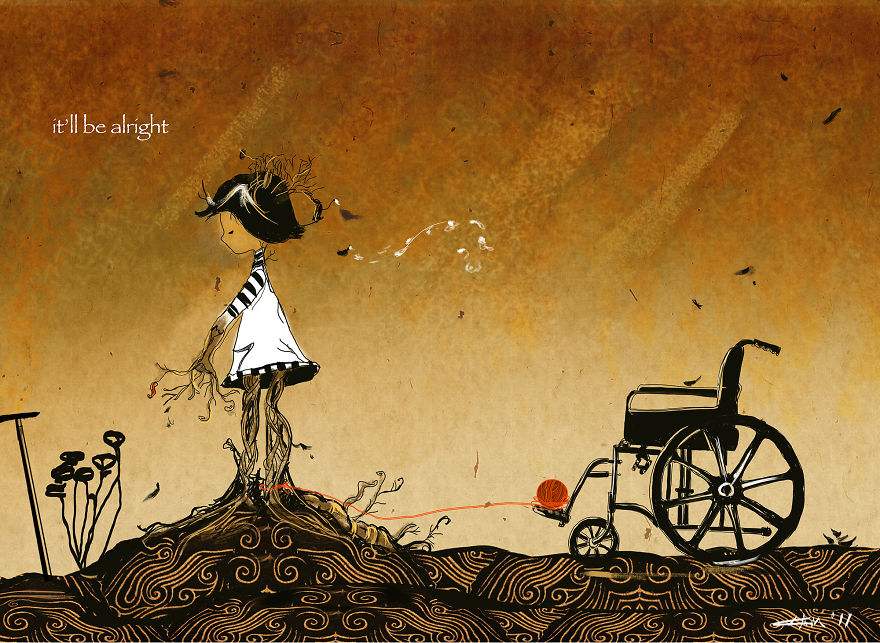
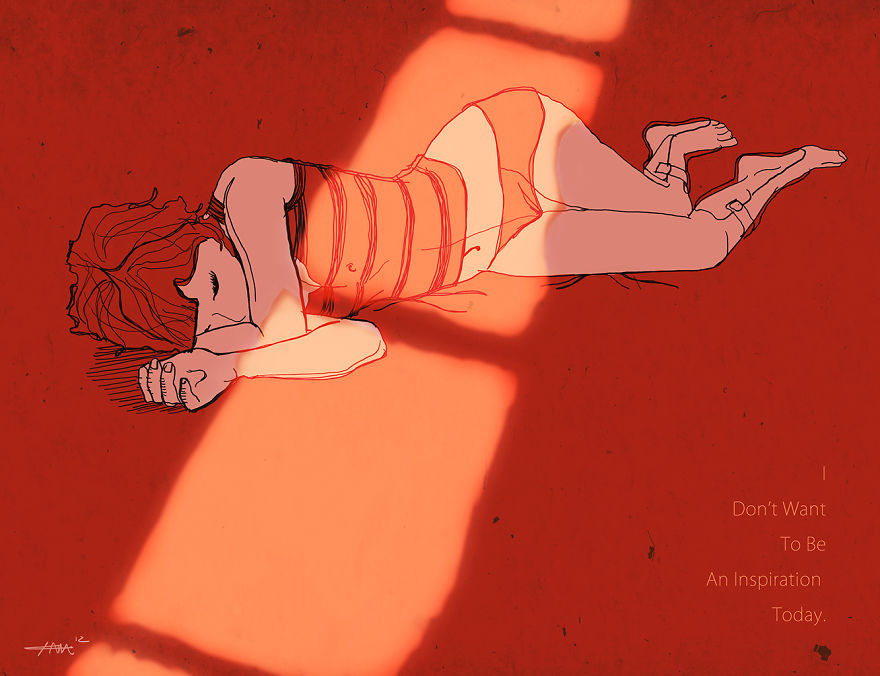
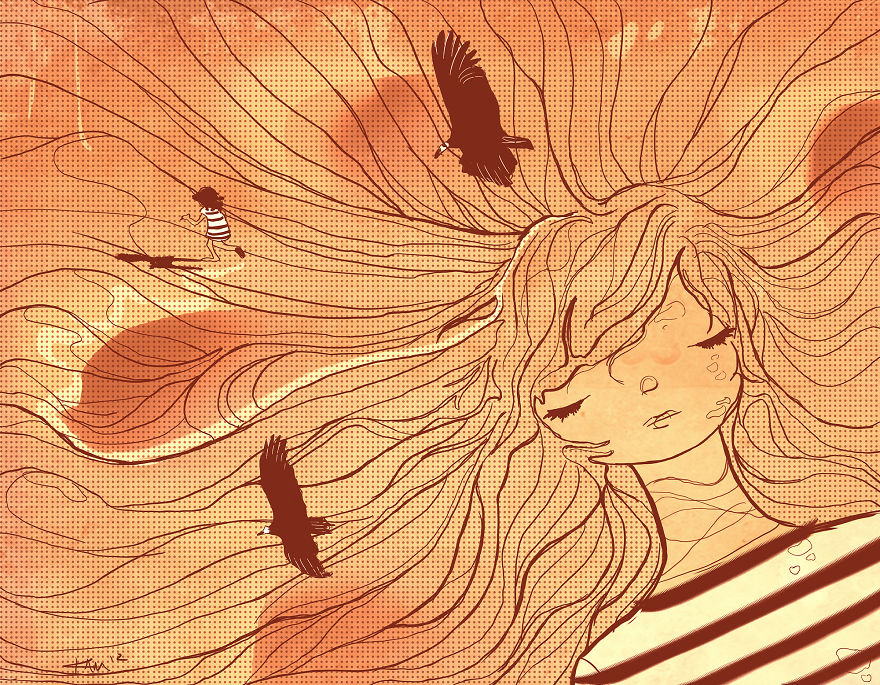
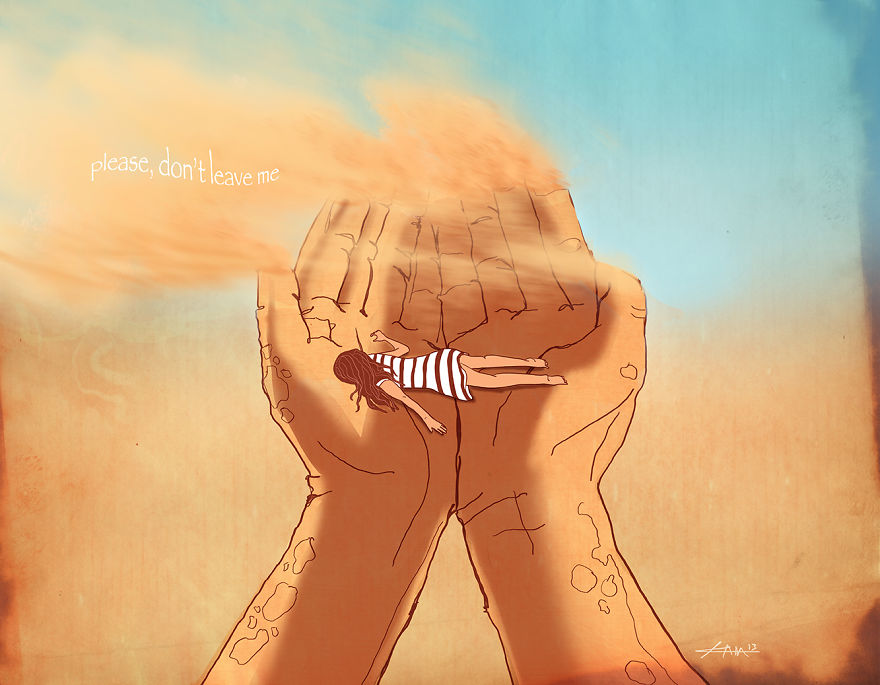
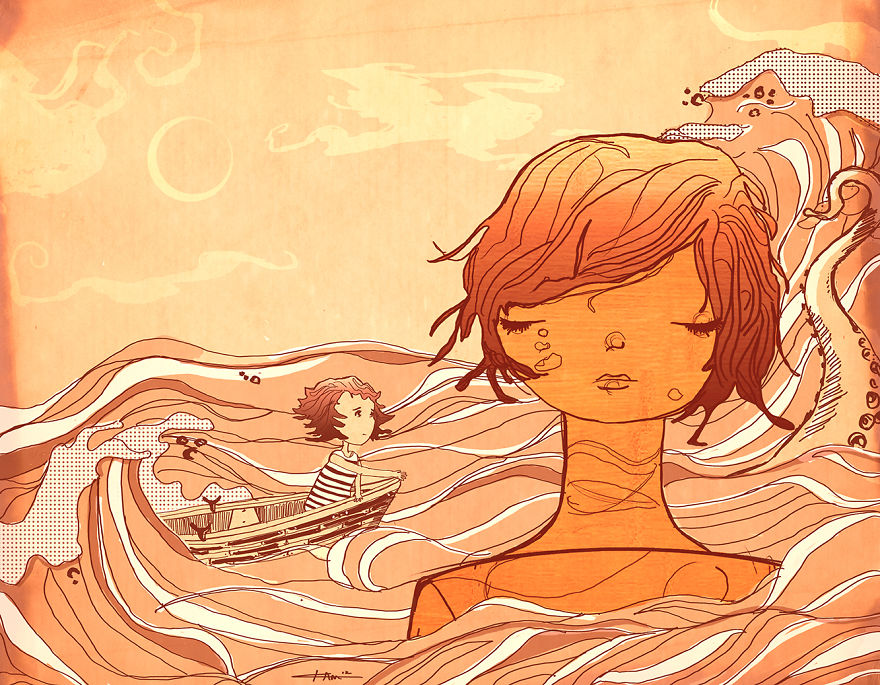
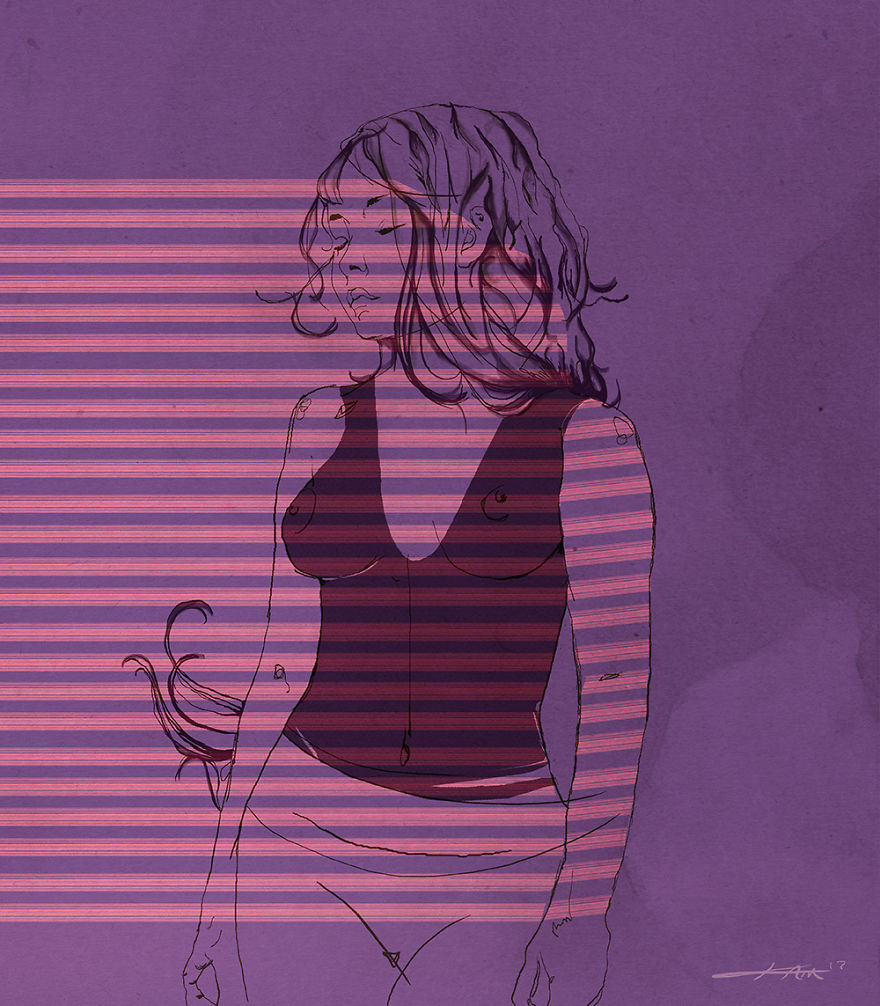
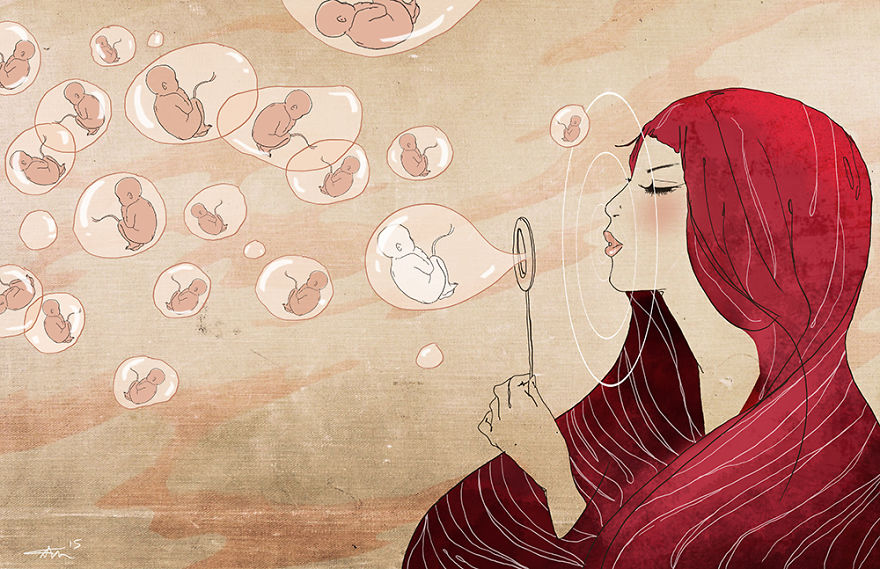
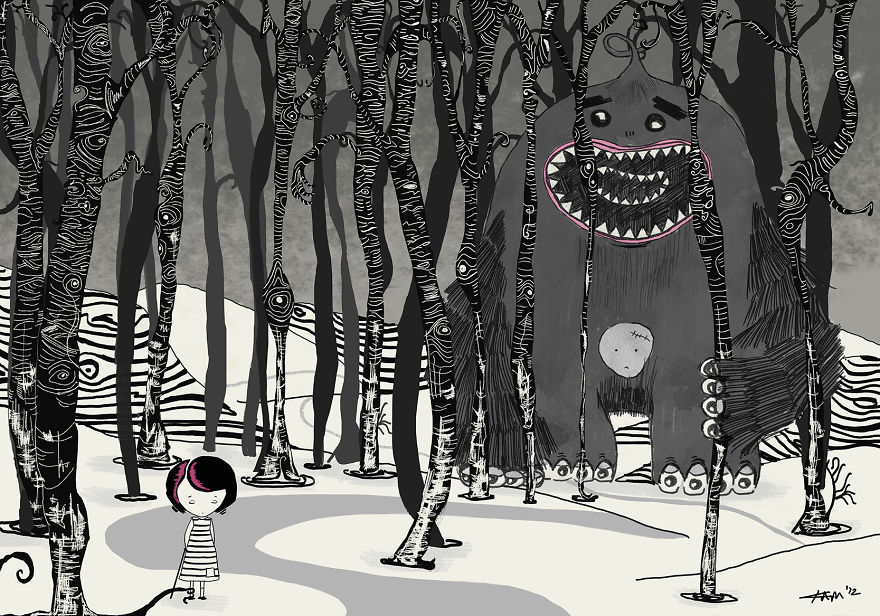
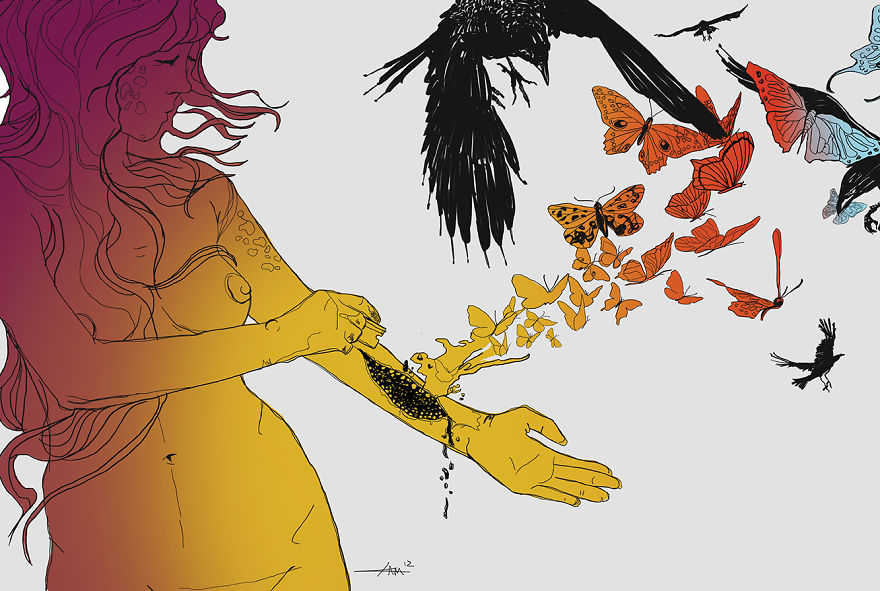
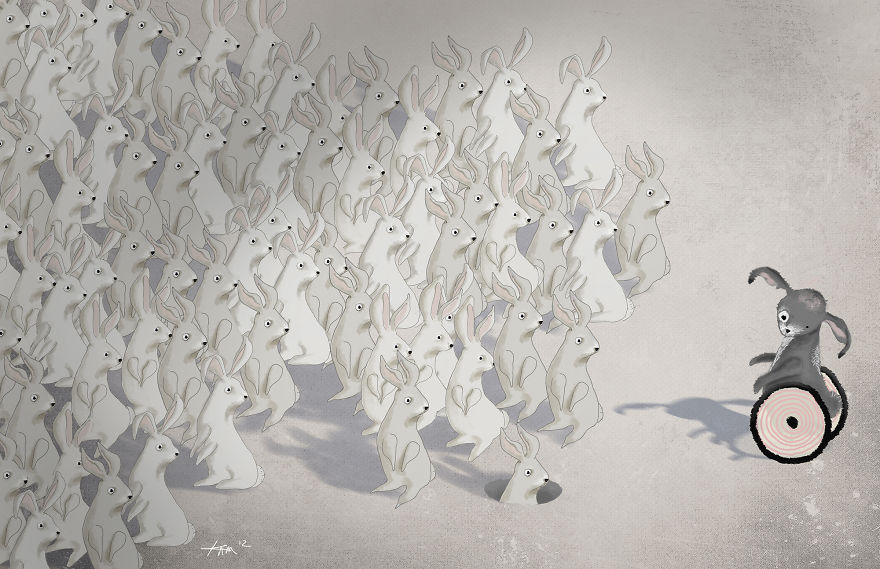
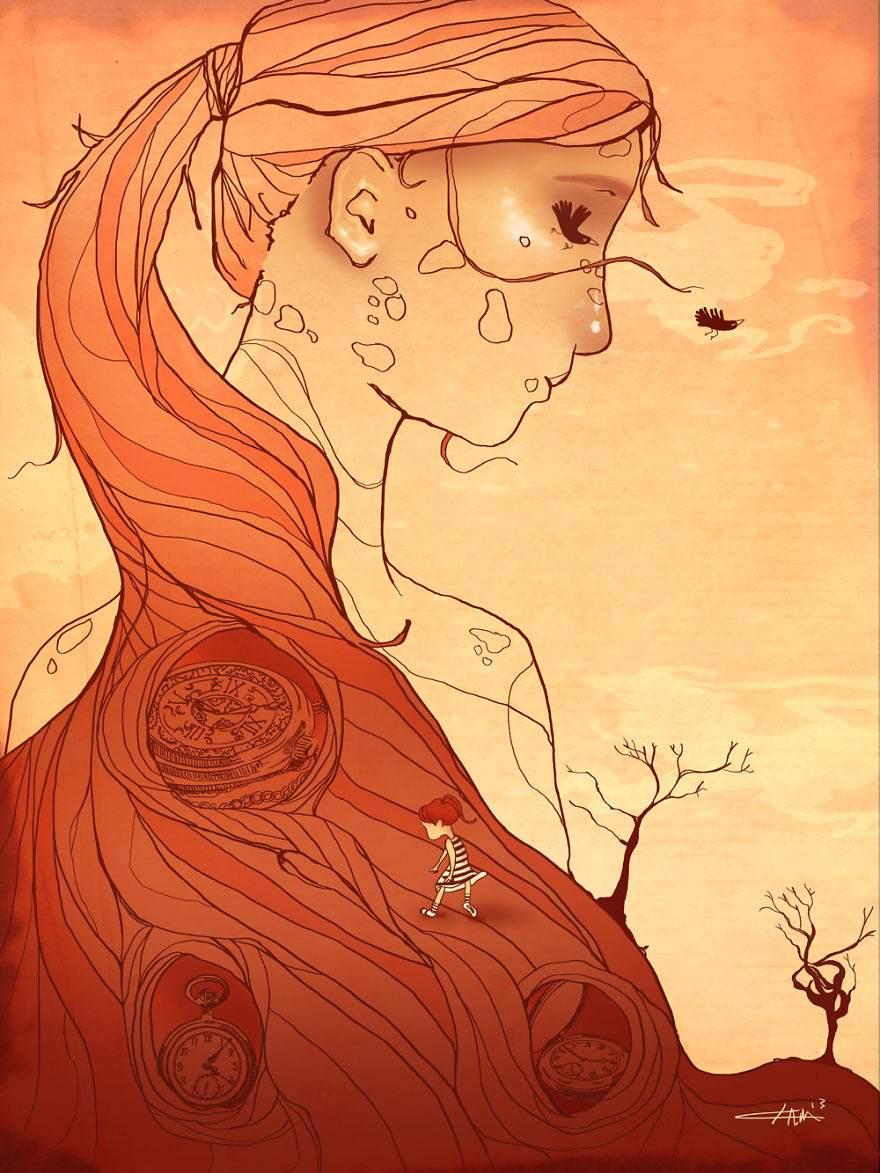
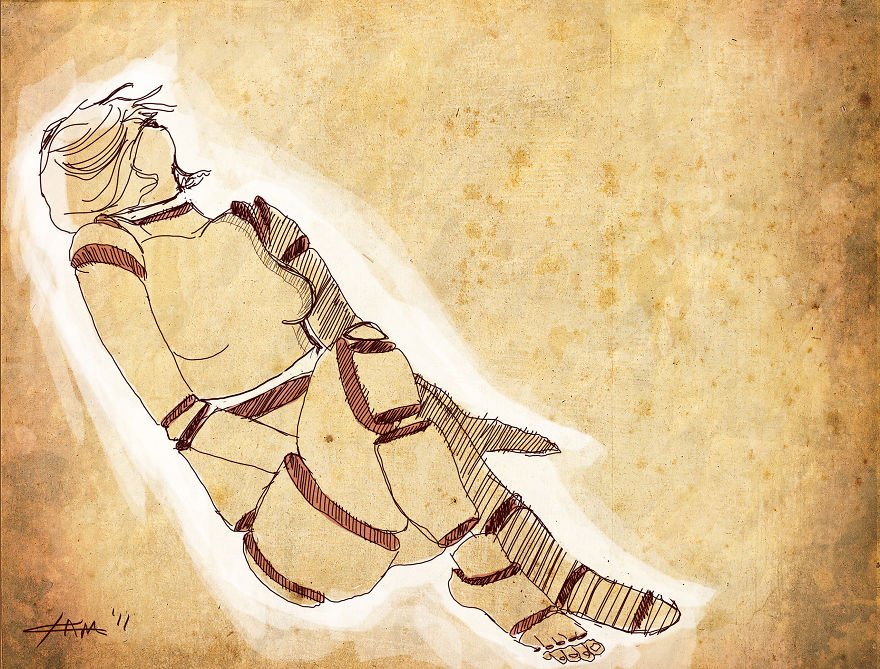
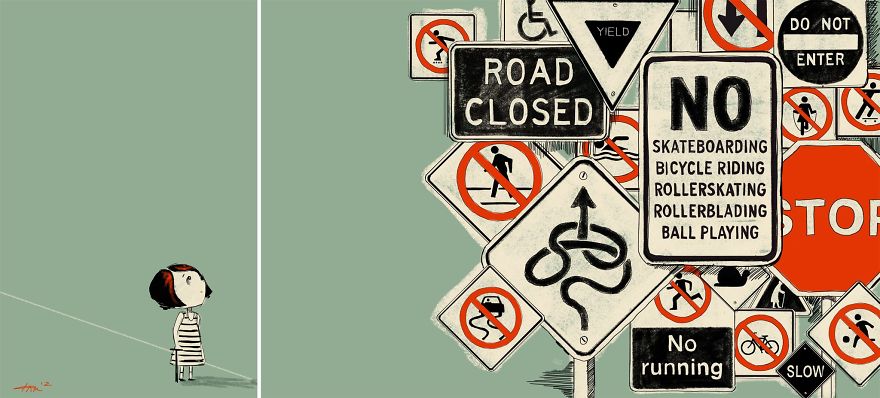
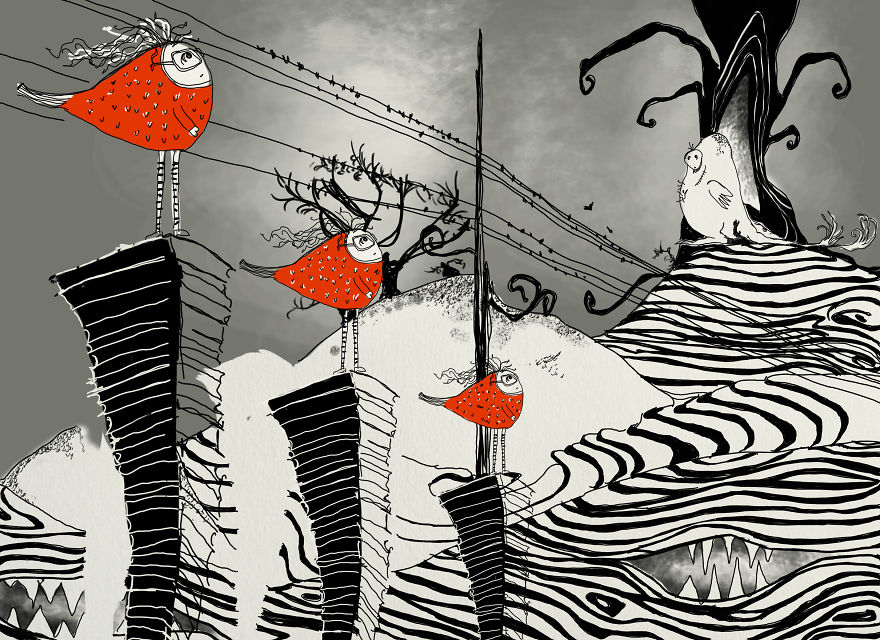
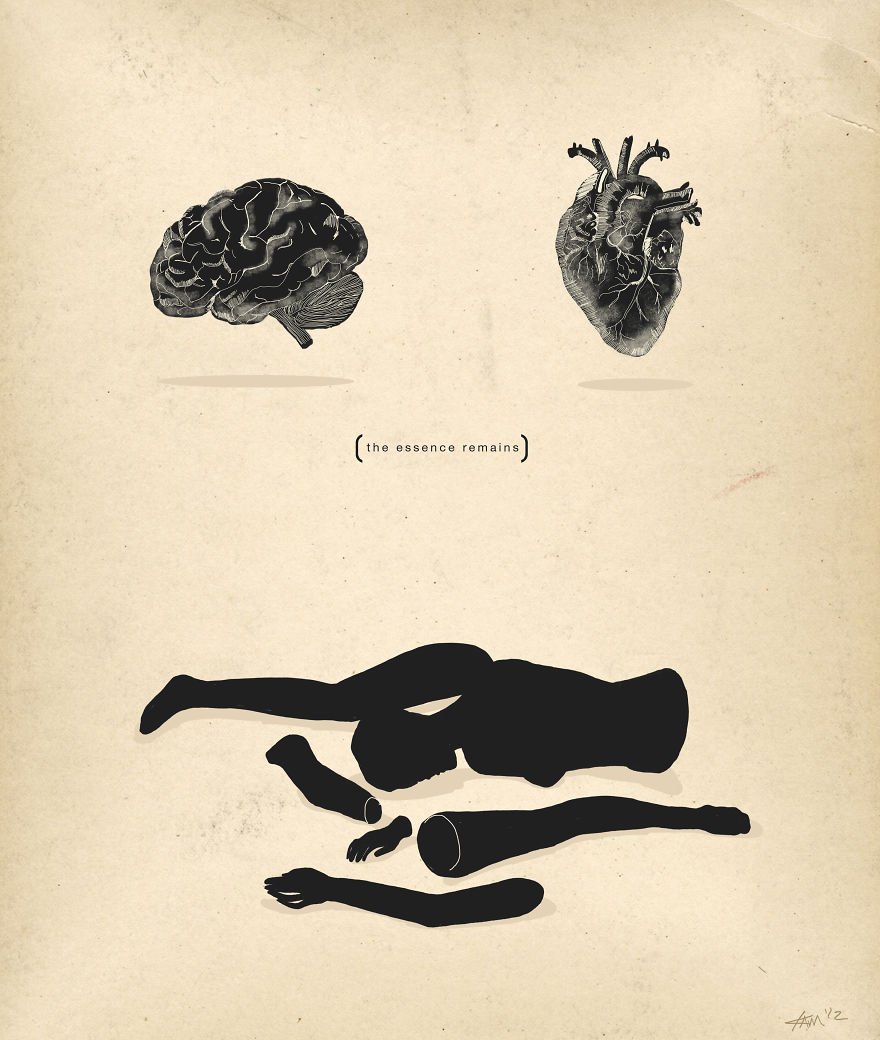
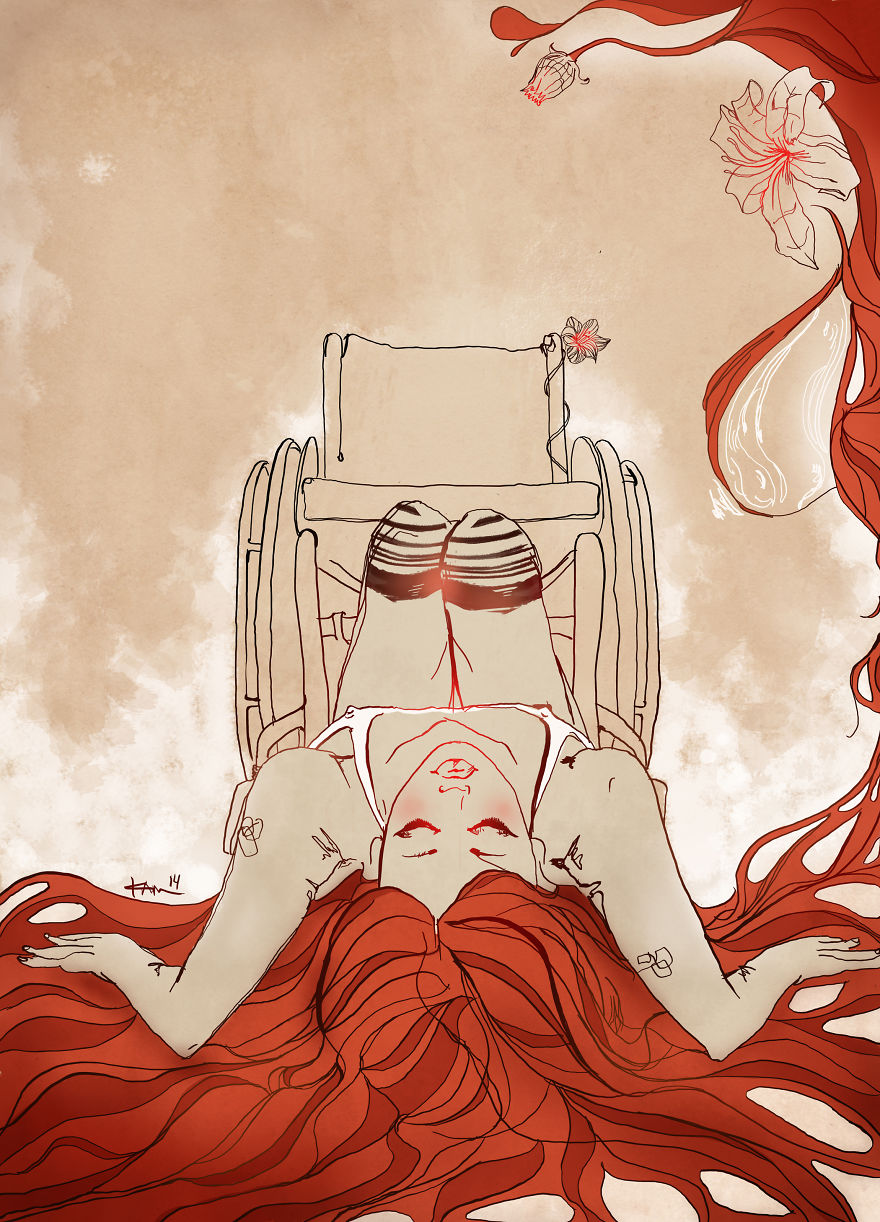
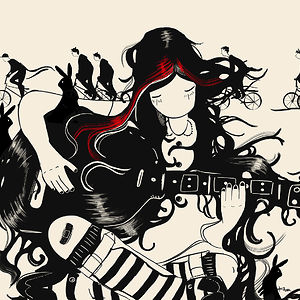










































413
53